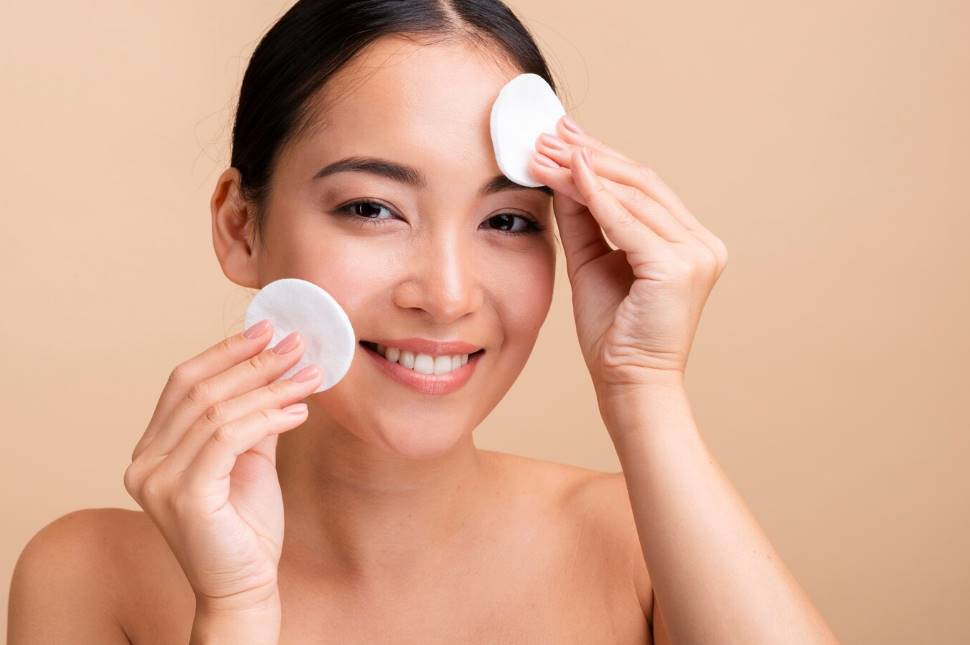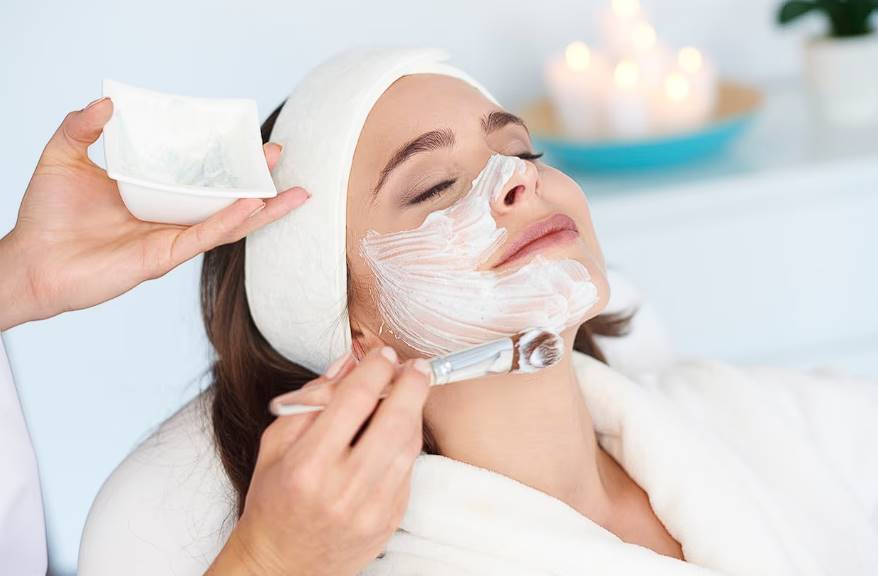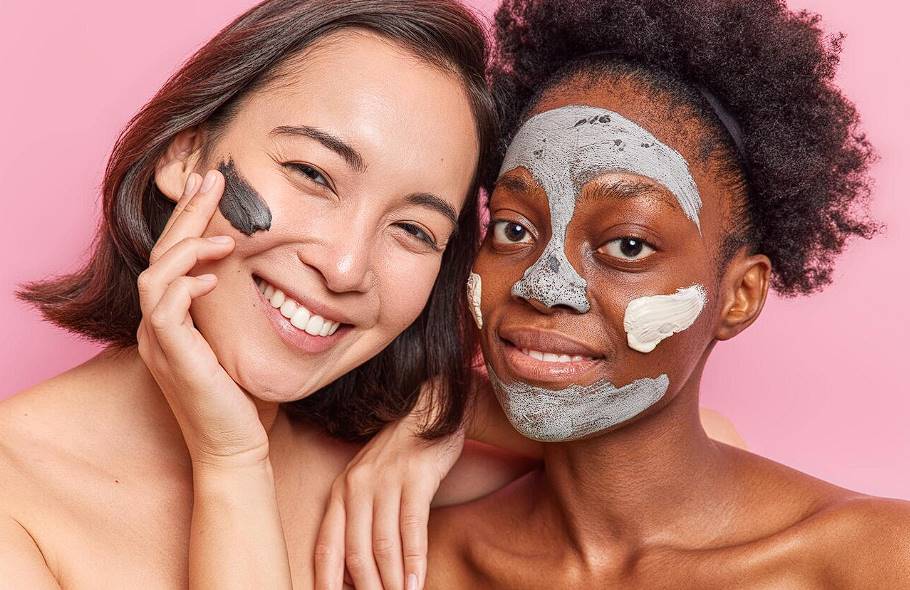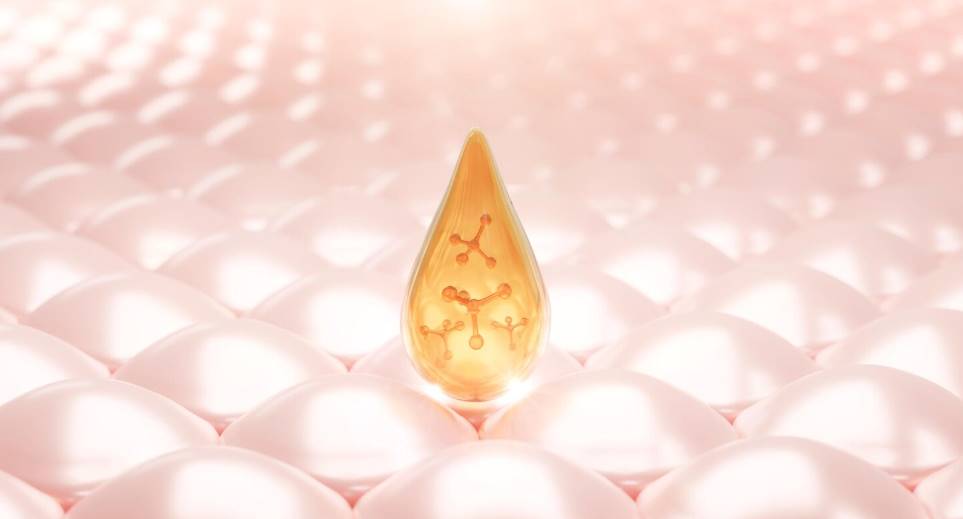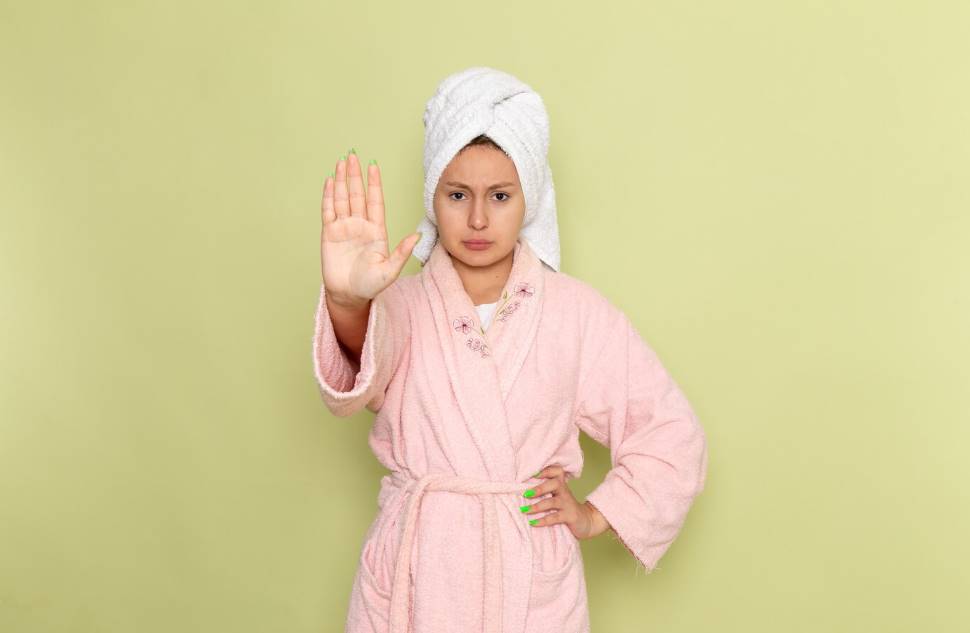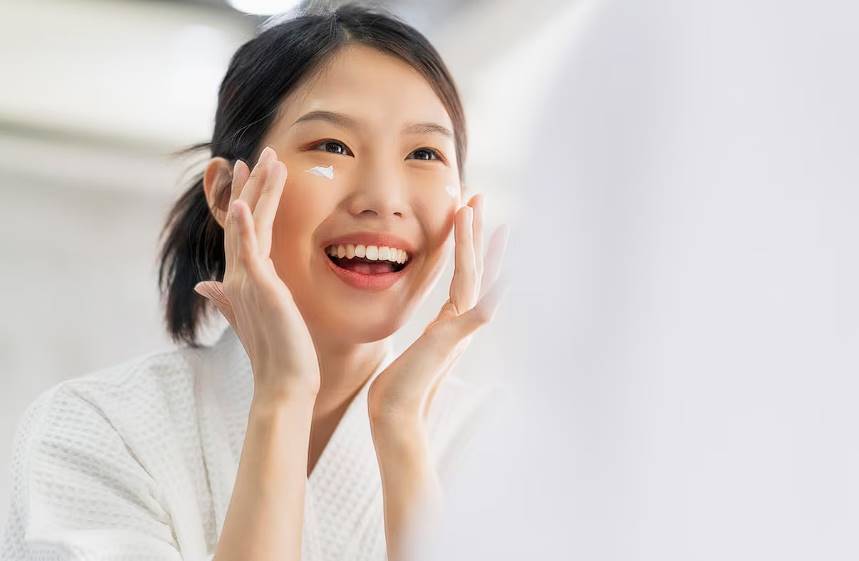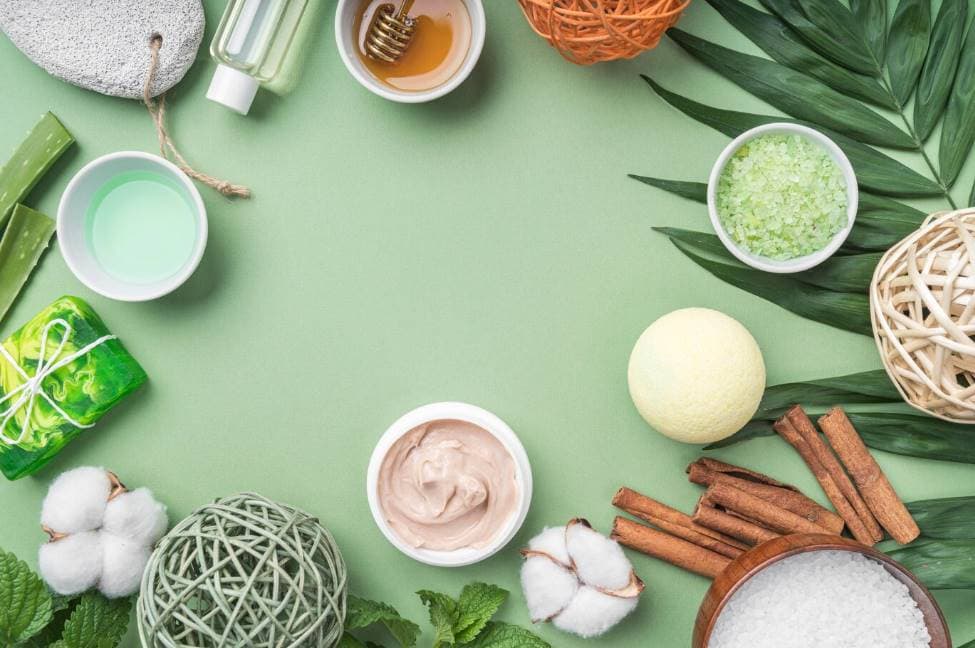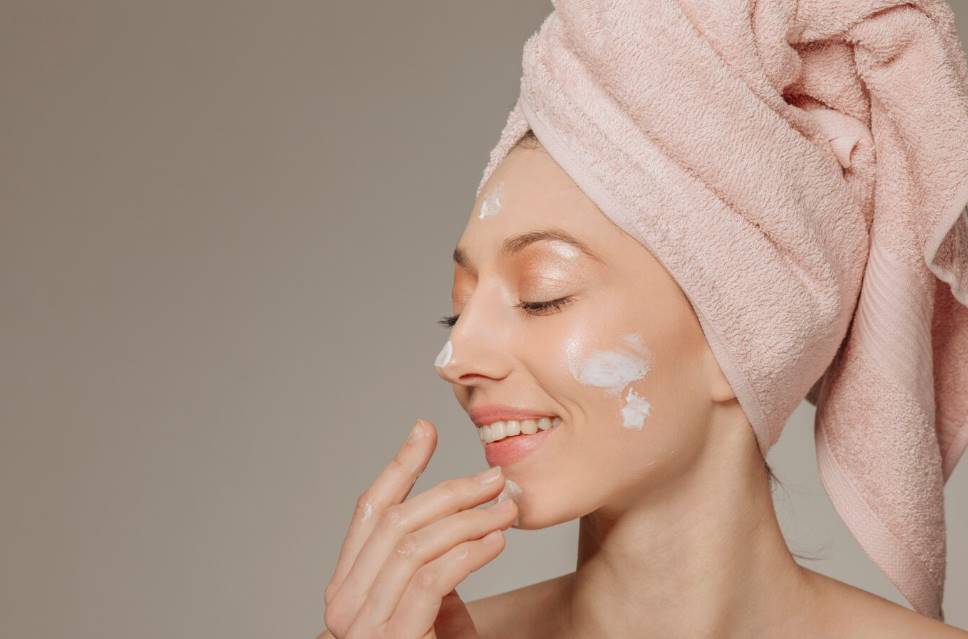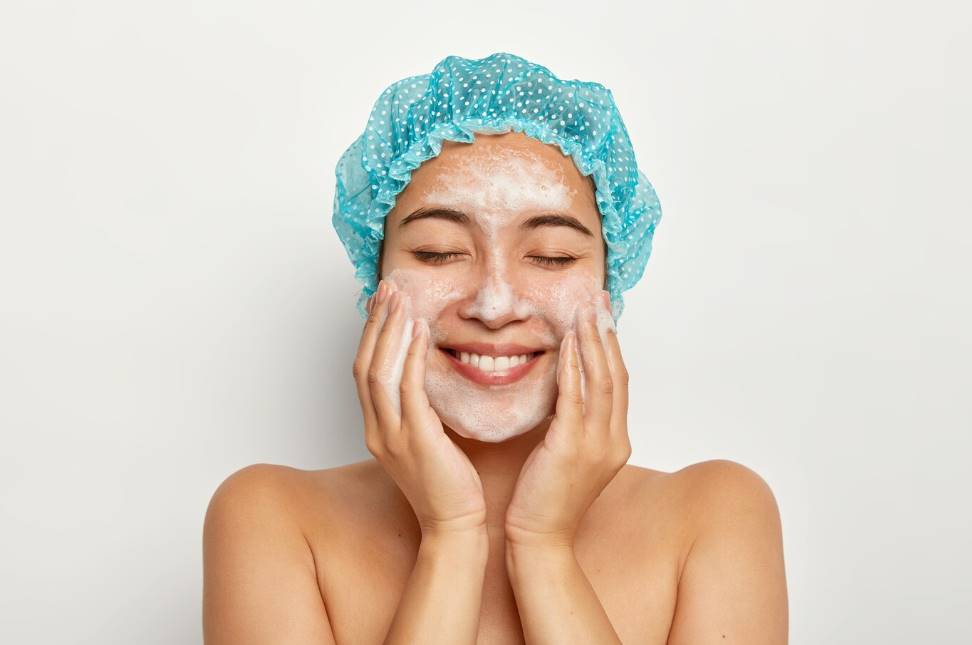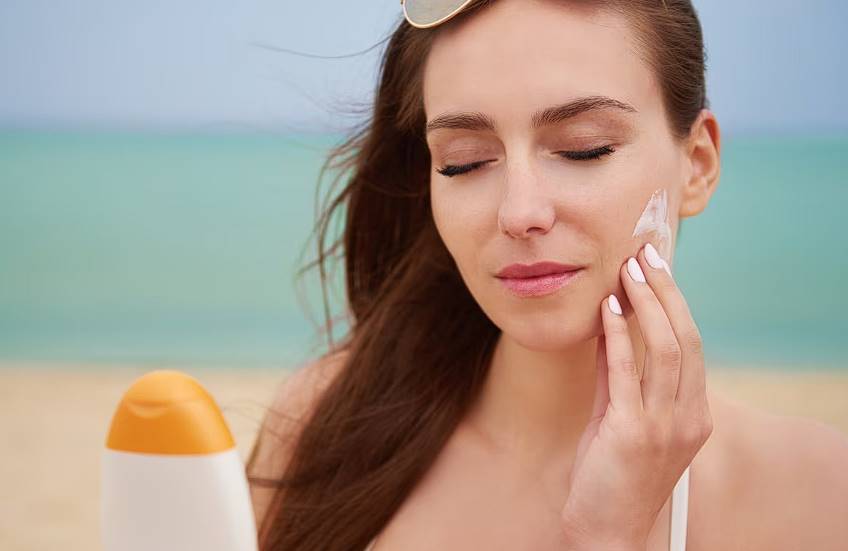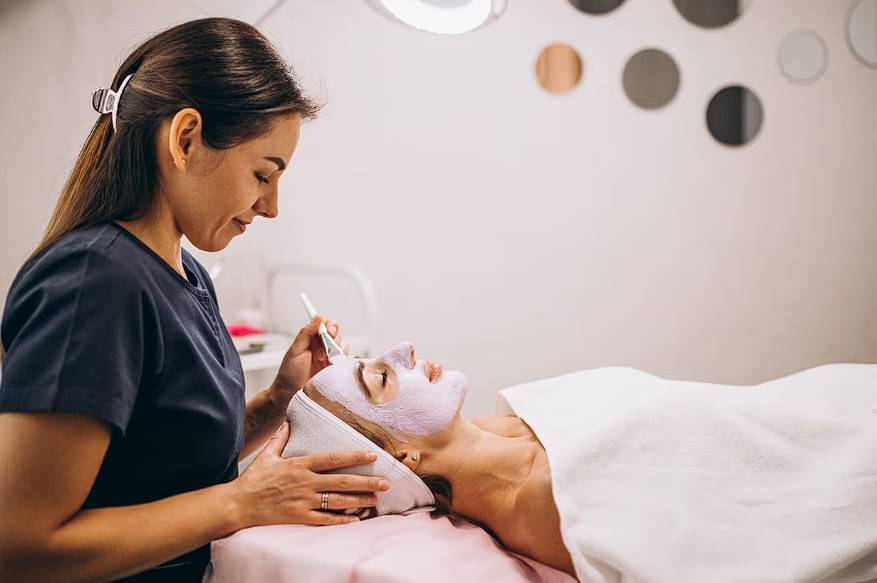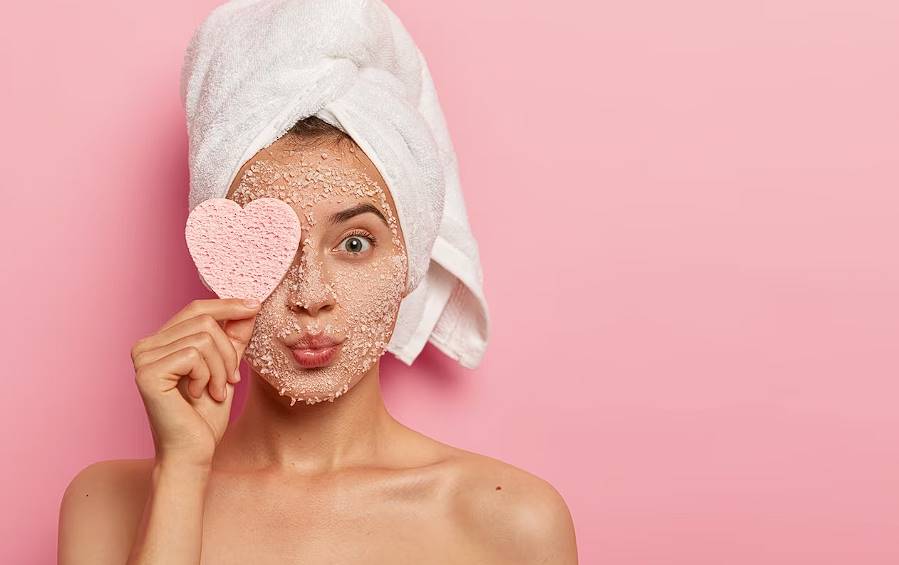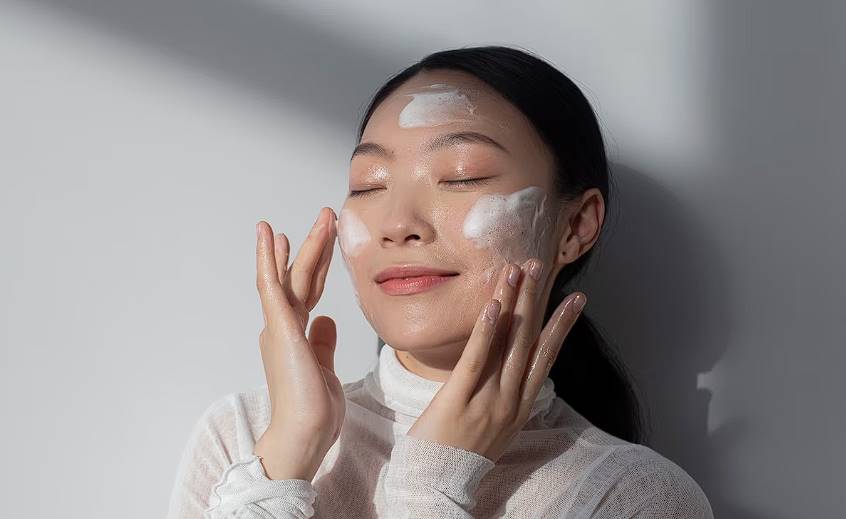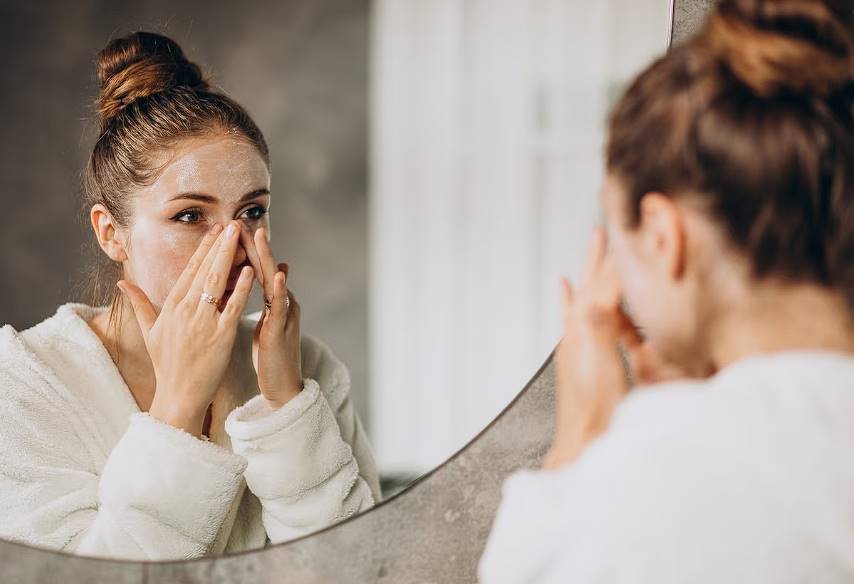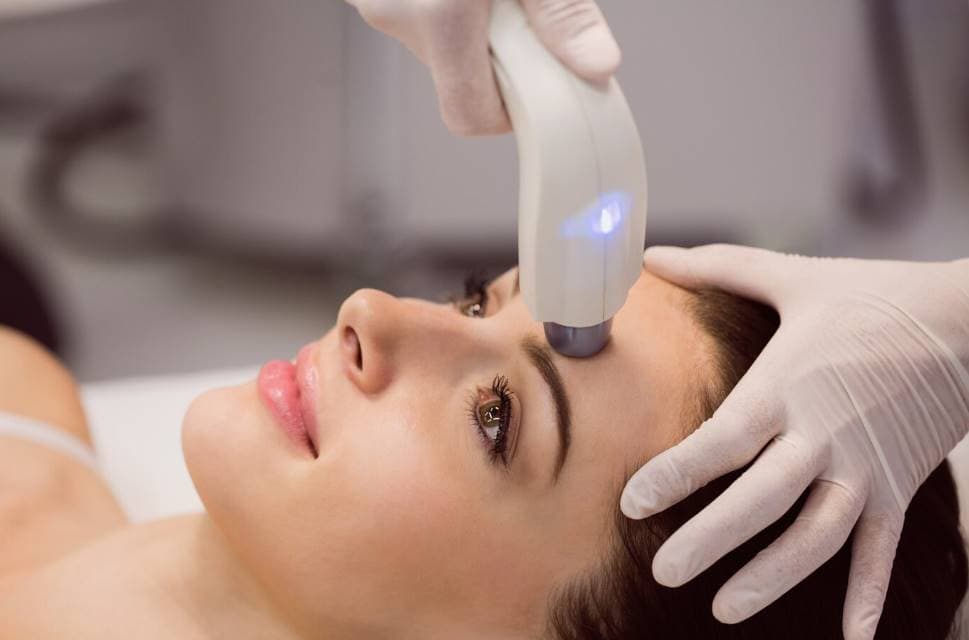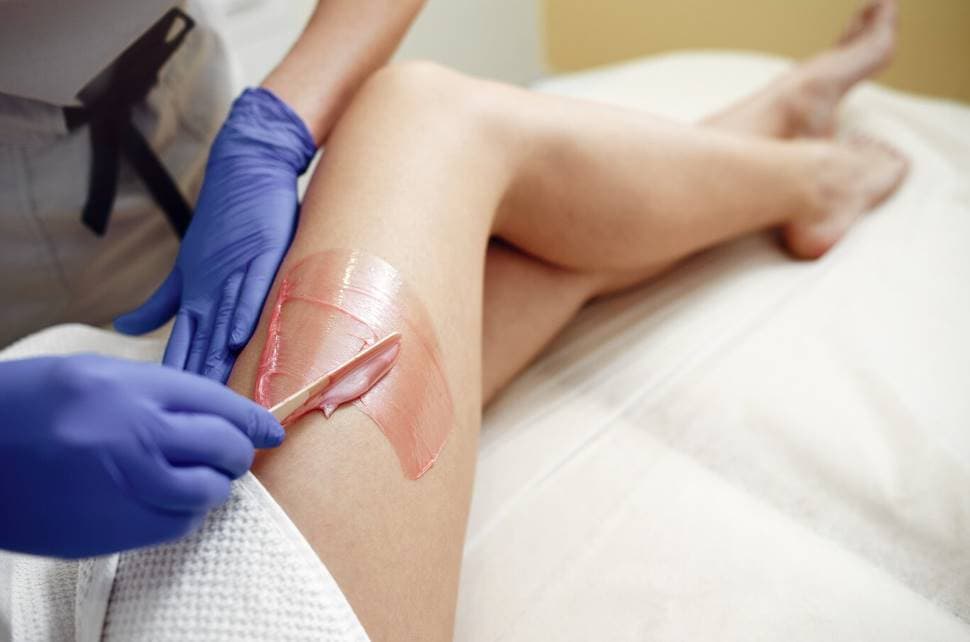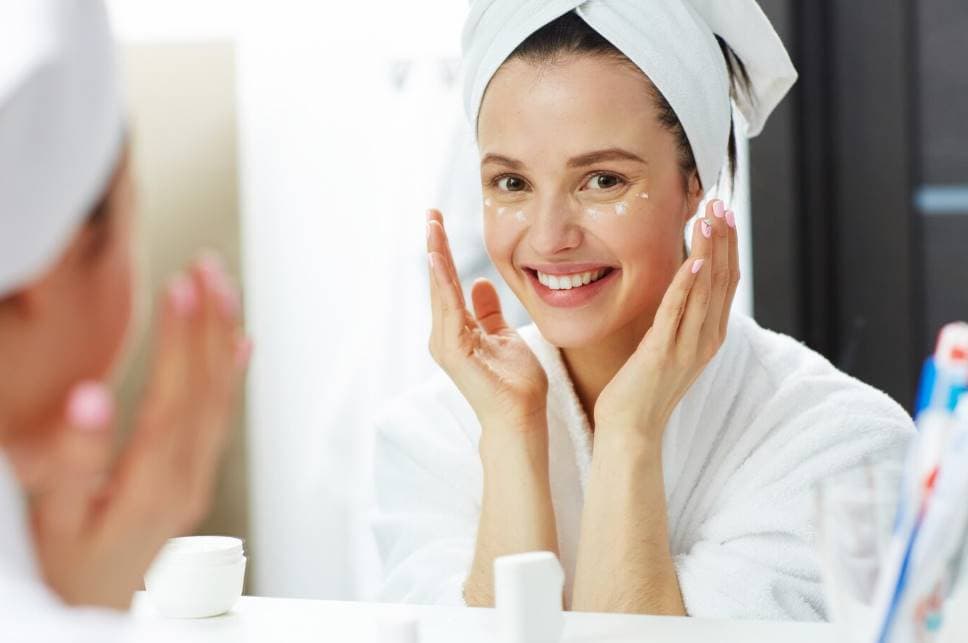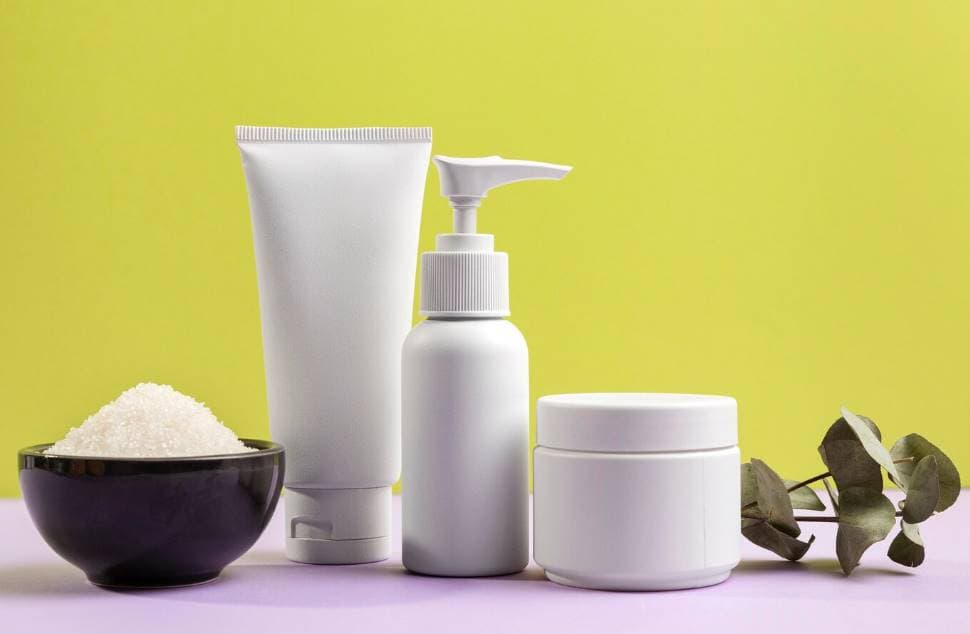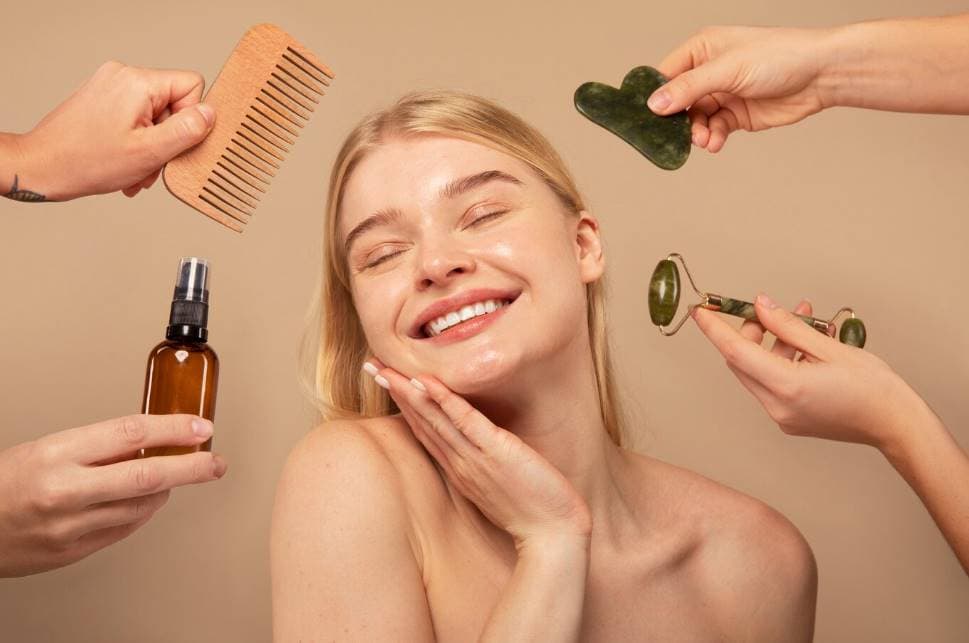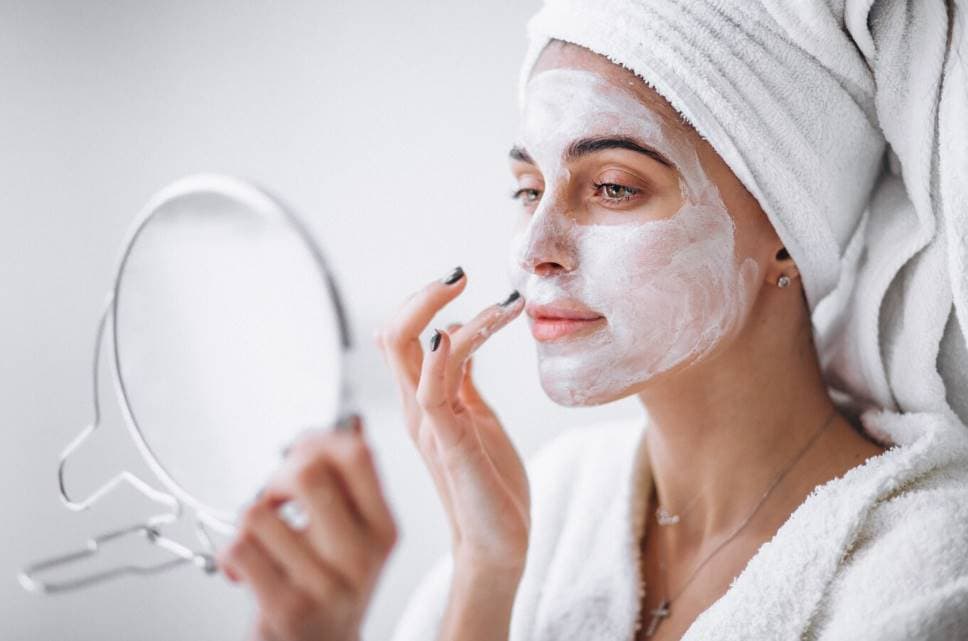People's moods and self-esteem generally benefit from a more polished appearance. Therefore, there is undeniably a mind-body connection when it comes to one's physical appearance and one's sense of self-assurance. Evidence suggests that self-care practises, such as meditation, assist in reducing stress and give you a more relaxed appearance. According to studies, the impacts of ageing and worry lines can be slowed by reducing stress. Reducing your stress levels can help you feel and look better by lowering the inflammation brought on by your stress hormones.
People who meditate and work out are generally well-received in today's culture. But there's nothing shameful about trying to delay the onset of old age by deliberate behaviour modification. Using cosmetics to enhance your appearance is a great way to boost your self-esteem and feel great about yourself. You know how deeply feelings about your looks can lower your self-esteem if you've ever struggled with a serious skin problem, such as severe acne, as a teenager. You need to take care of your appearance and have more pride in yourself.
A major contributor to this is dissatisfaction with one's skin. Teenagers who suffer from acne often feel less confident and less motivated to take part in everyday activities than their peers who do not. Acne sufferers may struggle to avoid using harsh exfoliants to clear up their skin. While it may seem counterintuitive, over-washing and scrubbing can make acne worse. If you have acne or another skin problem, a consistent skin care plan is the greatest approach to enhance your appearance rather than trying random washing. You can clear up your skin with the right regimen and improve your overall complexion.
Ways To Embrace Your Skin With Confidence
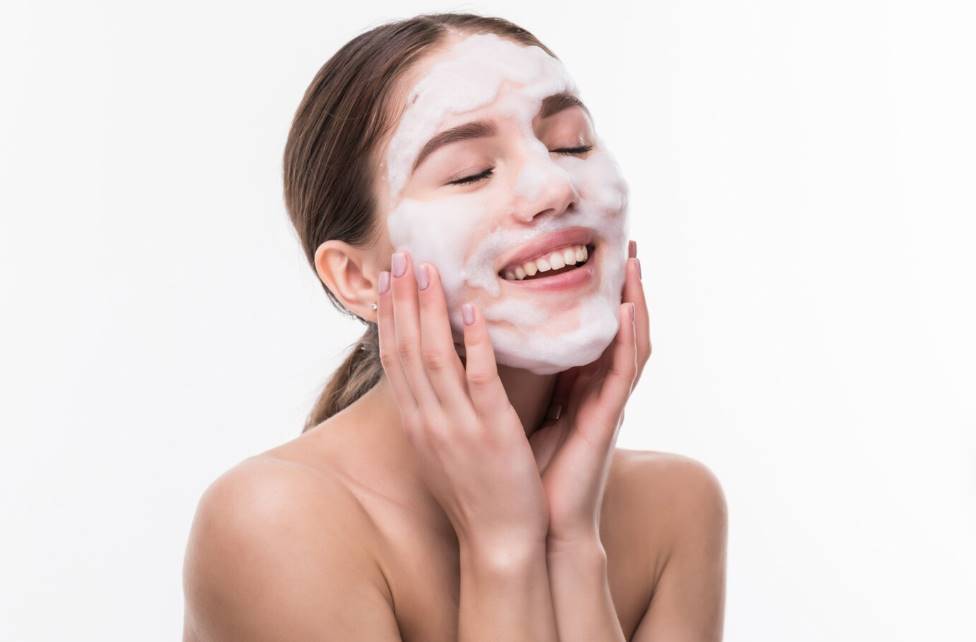
Digital Detox & De-Stress
It doesn't take long to notice the influencers, friends, and even strangers who appear to have immaculate skin and bodies on social media. Your self-esteem and perception of your physique can suffer if you regularly compare yourself to idealised images on social media. To rest your mind, try restricting or skipping social media for a while. You no longer have to worry about how you measure up to others and can instead concentrate on loving who you are. The skin also suffers when you're under a lot of stress.
Have you ever noticed how skin problems, such as acne or eczema, worsen under pressure? An increase in cortisol production by the adrenal glands has been linked to acne and other skin problems. Reducing stress through self-care practises will improve your health and make you feel better overall.
Ensure Good Sleep Hygiene
How you look and feel under stress is directly related to how much sleep you get or don't get.
Make a concerted effort to improve your sleep by committing to going to bed earlier, limiting screen time in the hour leading up to bedtime, placing electronic devices in flight mode, and keeping the bedroom dark. Napping during the day is another effective method for dealing with stress. The more restful your routine, the more assured you'll appear and feel.
Just Do What Makes You Happy
Schedule some time for something that truly makes you happy. A self-care routine is a way to take time each day for yourself, even if it's only 5 minutes. Here, we've included some basic, commonsense approaches to caring for oneself.
Appreciate Yourself
Stop dwelling on your flaws and instead focus on your positive qualities. List some of your recent successes (no matter how modest) and positive qualities. The mirror is a great place to practise self-affirmations and self-compliments aloud.
Healthy Eating Promotes Radiant Skin
It's a well-known adage that you are what you eat. Its recommendations for caring for your skin are sound. Filling your plate with healthy, whole food will boost your self-confidence and improve your skin's appearance.
Beta Carotene
Beta carotene helps maintain a healthy complexion and promotes new cell growth in the skin.
Carrots, broccoli, sweet potatoes, pumpkins, peas, dark leafy greens like kale and spinach, apricots, red and yellow peppers, and parsley are all excellent sources of the antioxidant beta carotene.
Omega 3 And Omega 6 Fatty Acids
Essential fatty acids have been demonstrated to reduce sunburn, the visible effects of aging, and skin inflammation. Salmon, oysters, mackerel, flax seeds, walnuts, chia seeds, seaweed, and edamame are all healthy choices because they contain omega-3 fatty acids. Whole-grain bread, eggs, almonds, chicken, and pumpkin seeds are all good sources of omega-6 fatty acids.
Selenium
In this regard, selenium is unparalleled. There is evidence that eating foods high in selenium helps protect against sun-related skin damage and inflammation. Brazil nuts, shellfish, salmon, tomatoes, wheat germ, eggs, and broccoli are good food sources of selenium. Hydration is essential for maintaining healthy, supple skin. To maintain healthy-looking, radiant skin, drink lots of water daily.
A typical green juice, such as celery juice (excellent for skin! ), can be added to the mix to further nourish the skin. If you're serious about maintaining healthy skin, limit your sugar intake.
Inflammation, which shows up as dry spots, acne, itchy skin, and wrinkles, is exacerbated by sugar. Eating less fast food and fatty foods can also help.
Recognise Your Skin Type To Create The Ideal Regimen
It's not only about how you look in the mirror. However, if you struggle with dry skin, acne, or fine wrinkles, it cannot be easy to feel comfortable in your skin and embrace your natural beauty.
If your skin is clear, you'll feel better about yourself. Using the best skincare products is The greatest way to nourish your skin.
You need to know your skin type to save money on things that won't help. You'll still have issues with your skin, and you won't feel any better about your skin confidence as a result. Researchers have discovered that emotional distress, anxiety, and sadness can all stem from issues with one's skin. Knowing your skin type is step one in any effective skincare plan.
Normal Skin
Skin that is neither excessively dry nor oily and has a well-balanced sebum and moisture production is "normal." Normal skin has refined pores and lacks flaky, greasy, or noticeable blemishes. Vitamin C, niacinamide (B3), hyaluronic acid, ceramides, and fatty acids are the best nutrients for regular skin.
Dry Skin
Low levels of natural sebum production are characteristic of dry skin. This causes the skin to have a rough, flaky appearance. Due to a weakened protective barrier caused by dehydration, the skin is more prone to irritation and infection. Dry, wrinkled skin is a common problem.
Lactic acid, aloe vera, glycolic acid, squalane, hyaluronic acid, vitamins C and E are excellent for dry skin.
Oily Skin
Acne, blackheads, and breakouts are common in people with oily skin because their skin produces more sebum than average. Shiny skin and enlarged pores are both signs of oily skin. The upside of having oily skin is that it tends to have fewer wrinkles than other skin types.
Vitamin C, activated clay and charcoal, niacinamide (B3), aloe vera, and salicylic acid are excellent choices for oily skin.
Combination Skin
As the name suggests, this skin tone is a hybrid of several others. Oily in the 't-zone' and dry on the cheeks are the telltale signs of combination skin. Hyaluronic acid, niacinamide (B3), vitamins C and E, and acai oil are all excellent choices for people with mixed skin.
Sensitive Skin
You have sensitive skin if you have any of the following symptoms: frequent flushing and redness, dry patches, itchy skin, and sensitivity to changes in weather or temperature.
Using the incorrect skincare products is a common cause of sensitive skin. Lactic acid, witch hazel, provitamin B5, and jojoba oil are excellent components for sensitive skin.
Finding the correct skincare routine is easier when you understand your skin type and how to tackle its unique problems. Sticking to your schedule is important. Some skin conditions may take longer to respond, but you should still be patient. Your most radiant skin and genuine self-assurance are on the horizon.
The Reasons For Using A Daily Skincare Routine
A skin problem can have far-reaching effects on more than just your skin and physical appearance, say doctors; it can also affect your mental and emotional health. Taking better care of your skin with the help of the advice above will result in a healthier, more radiant appearance and eliminate those problematic skin conditions that can have a significant psychological influence.
Taking good care of your skin has multiple psychological benefits, including increased feelings of attractiveness, health, and self-assurance. With healthy, radiant skin and the confidence from knowing you're taking good care of your face, you can confidently take on the world. Psychologists have long hypothesised a link between one's outward look and one's internal sense of worth. Personality problems, including poor self-esteem, can have far-reaching effects on a person's relationships at home and in the workplace. Confidence has always been linked to taking care of one's skin.
Therefore, improved skin quality can increase happiness and contentment in daily life. Most people know that first impressions are quite important in our culture. In addition, when your skin is healthy, you'll feel more confident in taking on the day's problems. Using the advice above and committing to a healthy skincare routine will have a profoundly positive effect on your sense of self-worth.
The Science Of Skin And Self-Confidence
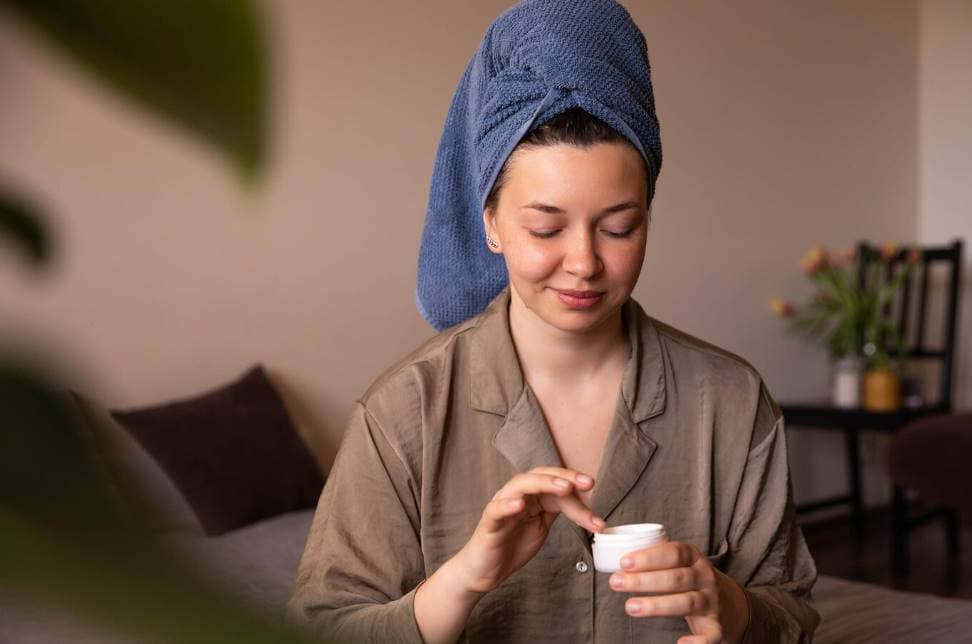
The skin-ego theory provides a more comprehensive description of the science of skincare and self-confidence. According to this hypothesis, the relationship between our skin and ego is psychologically and physiologically significant. The skin is the organ through which we interact with the world and influences how other people perceive us. It is via our skin that we feel the weather and the touch of other people.
According to the skin-ego theory, our outward physical presentation and charisma give us control over how other people respond to us. For instance, someone with a striking physical appearance is more likely to be noticed. A person's attractiveness increases the likelihood of being noticed by others. So, the skin ego theory argues we are in part defined by our skin. Nonetheless, it impacts not just our outward but also our inward sense of confidence.
Therefore, the way we treat our skin has a direct bearing on our mental health. One's perception of and comfort in one's skin can significantly affect how that person interacts with others.
If you improve your feelings about your skin and body, you'll radiate a confidence that draws others in even more than your good looks. Therefore, contrary to popular belief, maintaining a regular skincare routine is crucial to optimal health and happiness.
How you look has a major effect on how you feel about yourself and how others perceive you. That's why your appearance may either make or break your social interactions. Following the advice above and developing a consistent daily skincare routine can bring your mind, body, and skin into harmony. You'll feel more assured in yourself after doing it.
How Skin Issues Can Affect You Psychologically
Confidence can take a serious hit if you suffer from a skin problem. Most persons with skin problems also deal with depression and a desire to isolate themselves out of fear of social stigma. As a result, it's understandable if skin issues make you feel less than confident and even discourage you from going outside on some days. The consequences of skin disorders include:
- Embarrassment
- Depression
- Low self-esteem
- Anxiety
- Low self-confidence
The skin on a person's face is particularly delicate. Therefore, most skin disorders will be obvious on the face. Acne and other skin irritations, especially on the face, are more common in these situations.
Isolation and depression are common responses to problems such as severe acne, which can have profound psychological impacts. However, many of these skin issues are treatable with the guidance of a dermatologist and a consistent at-home skincare routine. Therefore, there is no reason for you to continue to endure pain if you already have. Your skin will look noticeably better within two weeks of beginning a daily skin routine. Your skin should look noticeably better when a month has passed. After three to four months of treatment, your skin becomes healthy and radiant again.
Conclusion
Skin care can improve self-esteem and mood by reducing stress and promoting relaxation. Studies show that reducing stress levels can slow the effects of ageing and worry lines, which can lead to a more polished appearance. Cosmetics can also be used to enhance one's appearance, but it is important to avoid over-washing and scrubbing to maintain a healthy complexion.
To embrace one's skin with confidence, consider digital detox and de-stress, avoiding social media comparisons, ensuring good sleep hygiene, and doing what makes you happy. Appreciate your own flaws and focus on positive qualities, such as listing recent successes and self-affirmations. Healthy eating promotes radiant skin, with foods rich in beta carotene, omega-3 and omega-6 fatty acids, and selenium. Hydration is essential for maintaining healthy, supple skin, and limiting sugar intake can help prevent inflammation.
Recognize your skin type to create the ideal skincare regimen. Skin that is neither excessively dry nor oily and has a well-balanced sebum and moisture production is "normal," with refined pores and lacks flaky, greasy, or noticeable blemishes. Vitamin C, niacinamide (B3), hyaluronic acid, ceramides, and fatty acids are the best nutrients for regular skin.
In summary, self-care practices like meditation, meditation, and a balanced diet can help improve self-esteem and overall appearance. By embracing one's skin type and incorporating healthy habits into your daily routine, you can create a more confident and healthy appearance.
Dry skin is characterized by low levels of natural sebum production, leading to rough, flaky appearances. It is more prone to irritation and infection due to a weakened protective barrier. Oily skin is characterized by acne, blackheads, breakouts, and enlarged pores. It is a hybrid skin tone with oily in the 't-zone' and dry on the cheeks. Sensitive skin has symptoms like frequent flushing, redness, dry patches, itchy skin, and sensitivity to changes in weather or temperature.
A daily skincare routine is essential for mental and emotional health. It can result in a healthier, more radiant appearance and eliminate problematic skin conditions that can have a significant psychological influence. Taking good care of one's skin has multiple psychological benefits, including increased feelings of attractiveness, health, and self-assurance. Psychologists have long hypothesized a link between one's outward look and one's internal sense of worth. Improved skin quality can increase happiness and contentment in daily life, as well as a profoundly positive effect on one's sense of self-worth.
The skin-ego theory provides a more comprehensive description of the relationship between our skin and ego. The way we treat our skin has a direct bearing on our mental health. Improving our feelings about our skin and body can radiate confidence that draws others in even more than our good looks.
Skin issues can affect psychologically, leading to embarrassment, depression, low self-esteem, anxiety, and low self-confidence. However, many skin disorders are treatable with the guidance of a dermatologist and a consistent at-home skincare routine.
Content Summary
- A polished appearance can boost people's moods and self-esteem.
- There's a mind-body connection between physical appearance and self-assurance.
- Self-care practices, including meditation, can help reduce stress.
- Reducing stress can slow the impacts of ageing and worry lines.
- Lowering stress can decrease inflammation caused by stress hormones.
- People who meditate and exercise are positively viewed in today's culture.
- Using cosmetics can be a method to enhance self-esteem.
- Serious skin problems during teenage years, like severe acne, can deeply affect self-esteem.
- Dissatisfaction with skin is a major contributor to decreased confidence.
- Teenagers with acne often feel less confident compared to their peers.
- Over-washing and scrubbing can exacerbate acne.
- A consistent skincare plan is essential for addressing skin problems.
- Comparing oneself to idealised images on social media can damage self-esteem.
- Taking a break from social media can help improve self-perception.
- Stress negatively impacts the skin.
- Increased cortisol production can lead to acne and other skin issues.
- Stress reduction can lead to better skin and overall health.
- Good sleep hygiene directly impacts appearance and stress levels.
- Improving sleep habits can boost confidence and reduce stress.
- Prioritising activities that make you happy can benefit your well-being.
- Focusing on positive qualities can enhance self-appreciation.
- Healthy eating can lead to better skin and higher self-confidence.
- Beta carotene, found in carrots and broccoli, promotes healthy skin.
- Omega 3 and Omega 6 fatty acids can reduce visible effects of ageing.
- Foods high in selenium can protect against sun-related skin damage.
- Hydration is essential for maintaining radiant skin.
- Limiting sugar intake can prevent skin issues like dry spots and acne.
- Recognising your skin type can guide effective skincare.
- Emotional distress can stem from skin-related issues.
- Normal skin has a balanced sebum and moisture production.
- Dry skin often appears rough and flaky.
- Oily skin is prone to acne and breakouts due to excessive sebum production.
- Combination skin can be both oily and dry in different areas.
- Sensitive skin can react negatively to certain skincare products.
- Knowing your skin type can lead to a more effective skincare routine.
- Consistency in a skincare routine is key for best results.
- Skin problems can affect mental and emotional health.
- Healthy skin can lead to feelings of attractiveness and self-assurance.
- Confidence is closely linked to skincare.
- Improved skin quality can enhance daily happiness and contentment.
- First impressions are significant, and healthy skin can boost confidence.
- A committed skincare routine can positively influence self-worth.
- The link between external appearance and internal self-worth has been studied by psychologists.
- Poor self-esteem can affect personal and professional relationships.
- Skin quality has a profound impact on daily life contentment.
- Committing to skincare can have broad psychological benefits.
- Doctors highlight the mental impact of skin problems beyond just physical appearance.
- Enhanced skin quality can significantly impact one's overall sense of self-worth.
- The skin-ego theory delves deeper into the science behind skin and self-confidence.
- Addressing skin problems can lead to a better overall sense of well-being.
Frequently Asked Questions
A healthy complexion will boost your skin confidence. To nourish your complexion correctly, you must know the best skincare products to treat it. Without knowing what your skin needs, you'll invest in products that won't deliver the best results.
It's like journaling or working out - regular, consistent activities that improve your mental well-being. Skincare can act as an anchor and remind you to care for yourself. When you can materialise your love for yourself, you can put yourself in a routine to reinforce the emotion.
Taking care of our skin can help us to feel more confident, but taking that time to do something for ourselves every day also helps us to love and respect ourselves.
Preventive measures with a well-thought-out skincare routine are essential to long-term skin health. This can help you avoid the development of certain conditions and signs of aging and reduce the severity of problems you may already be dealing with.
Skin also plays an important role in regulating your body temperature. It helps prevent dehydration and protects you from the negative effects of too much heat or cold. And it allows your body to feel warmth, cold, pressure, itching and pain.
